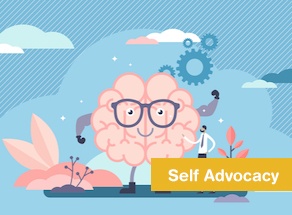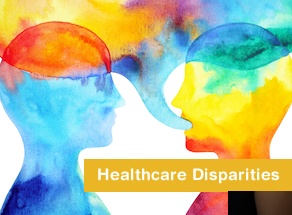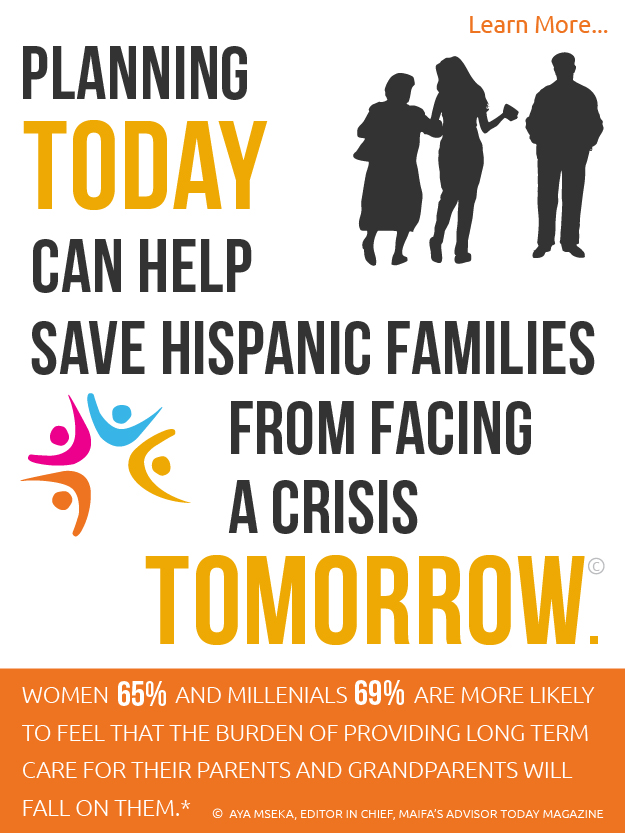Lifestyle
Depression in Young Latinos and the Unique Stressors Behind It
09/11/2021 06:00am | 4917 viewsBy Lacey Muinos and Sandra Silva Casabianca
Particular challenges and cultural influences may have a great impact on what causes these symptoms and how effective treatment is. A unique combination of factors, including immigration, discrimination, and acculturation, has inevitably impacted the mental health of the U.S. Latino community in general, and particularly of those who may be more vulnerable.
Treatment Insights
Mental health needs might not be met among California’s Latino and Asian communities
08/11/2021 06:00am | 3294 viewsA pair of new UCLA studies suggest that mental health needs for some ethnic communities may be going unmet in part because people in those groups don’t see themselves as needing care — despite the fact that they are reporting in surveys that they are experiencing symptoms of mental health distress.
Personalized Care
Sophisticated brain models can predict language recovery in Hispanic stroke survivors
25/08/2021 06:00am | 2897 viewsAt Boston University, a team of researchers is working to better understand how language and speech is processed in the brain, and how to best rehabilitate people who have lost their ability to communicate due to brain damage caused by a stroke, trauma, or another type of brain injury.
Personalized Care
Why Dementia Can Be Different for Latinos
19/08/2021 06:00am | 3197 viewsCertain signs and symptoms disproportionately impact Hispanics, new research suggests
Self Advocacy
Poor sleep impacts risk of long-term cognitive decline in Hispanic/Latino adults
18/08/2021 06:00am | 3192 viewsPoor sleep impacts the risk of long-term cognitive decline in Hispanic/Latino middle aged and older adults differently than it does in non-Hispanic adults, according to research led by University of Miami Miller School of Medicine neurology faculty and the largest long-term study of U.S. Hispanic/Latinos to date.








